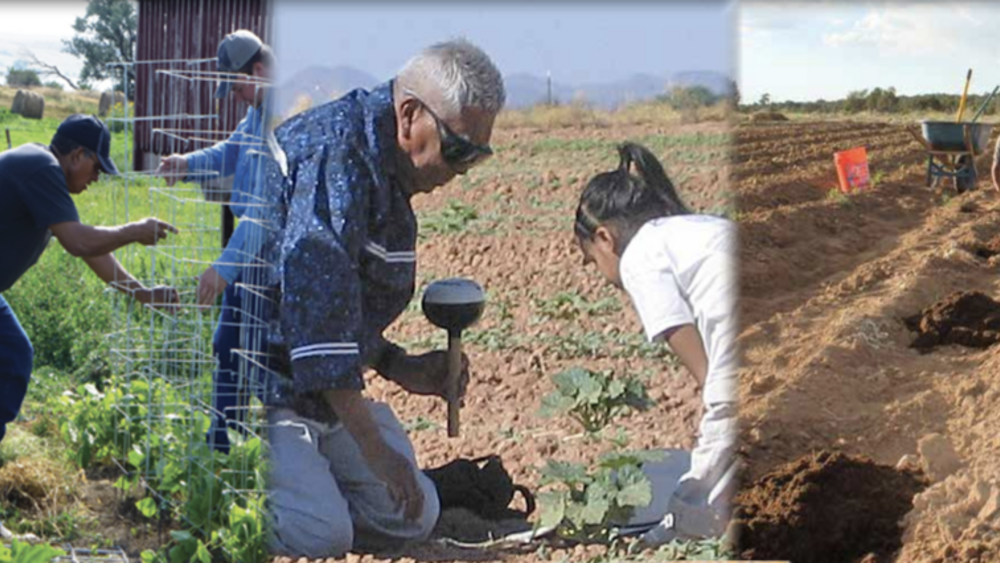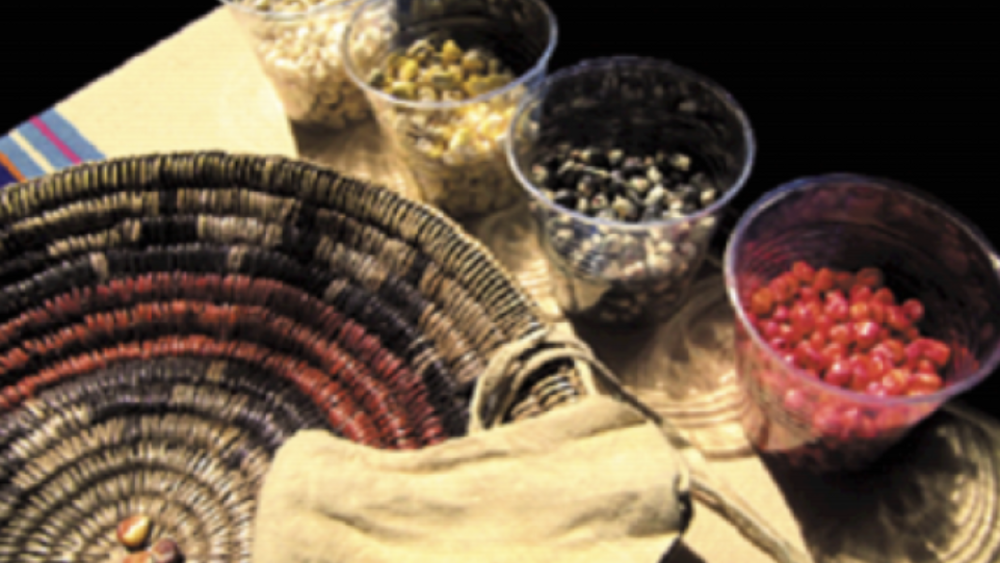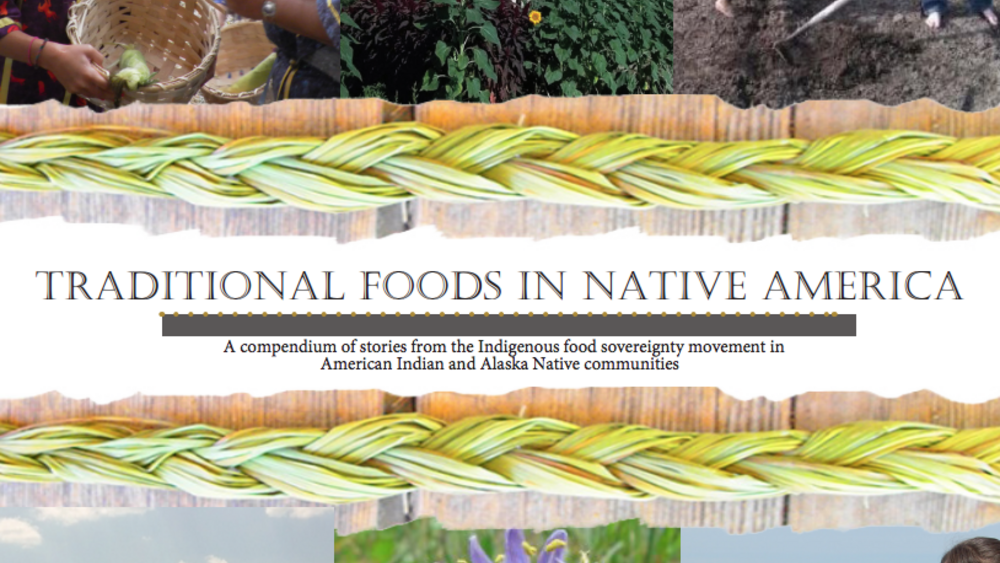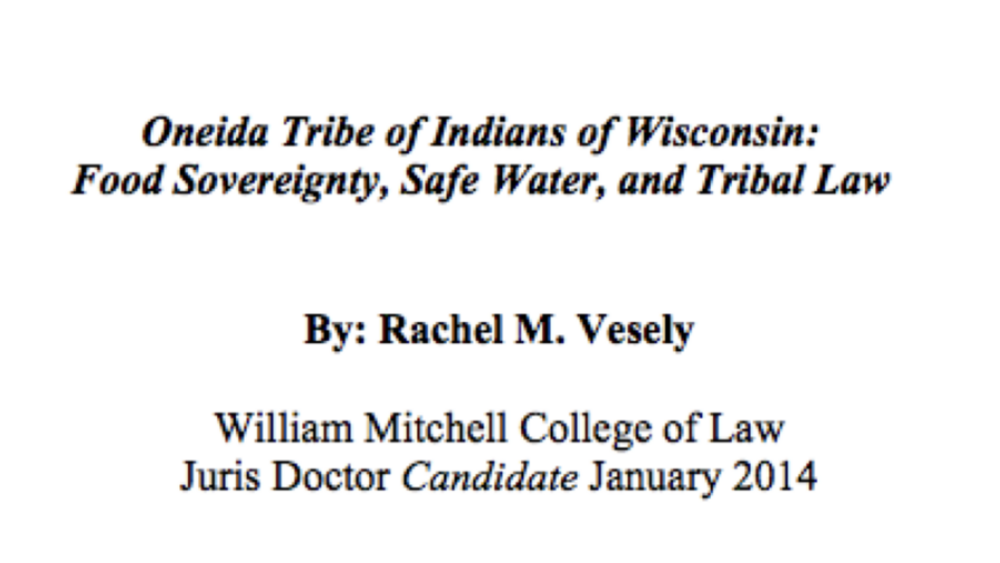Indigenous Governance Database
food sovereignty

Good Food is Power: A collection of traditional foods stories from the Ramah Navajo Community, Standing Rock Sioux Tribe and Tohono O'odham Nation
This report explores the traditional foods movement through the lenses of three traditional foods programs: the Ramah Navajo Community, Standing Rock Sioux Tribe, and Tohono O’odham Nation. These stories were originally gathered by the University of Oklahoma’s American Indian Institute (Wesner,…

Diné Food Sovereignty: A Report on the Navajo Nation Food System and the Case to Rebuild a Self Sufficient Food System for the Diné People
In the most basic analysis, food is an essential component of human life. Food nourishes and sustains us; without adequate access to food, human beings cannot survive. As a basic necessity for life, food is interconnected with every sector of life and wellbeing including health (physical, mental,…

Traditional Foods in Native America
Commissioned by the Centers for Disease Control and Prevention’s (CDC) Native Diabetes Wellness Program (NDWP), this report highlights traditional foods programs in six culturally and geographically diverse American Indian and Alaska Native communities. For decades, American Indian and Alaska…

Oneida Tribe of Indians of Wisconsin: Food Sovereignty, Safe Water, and Tribal Law
An example of a Native American community working to achieve food sovereignty not only with physical nutrients but also with social elements is the Oneida Tribe of Indians of Wisconsin. This article analyzes the strengths of the Oneida Tribe's approach to preserving water quality and fishing…
Pagination
- First page
- …
- 1
- 2
- …
